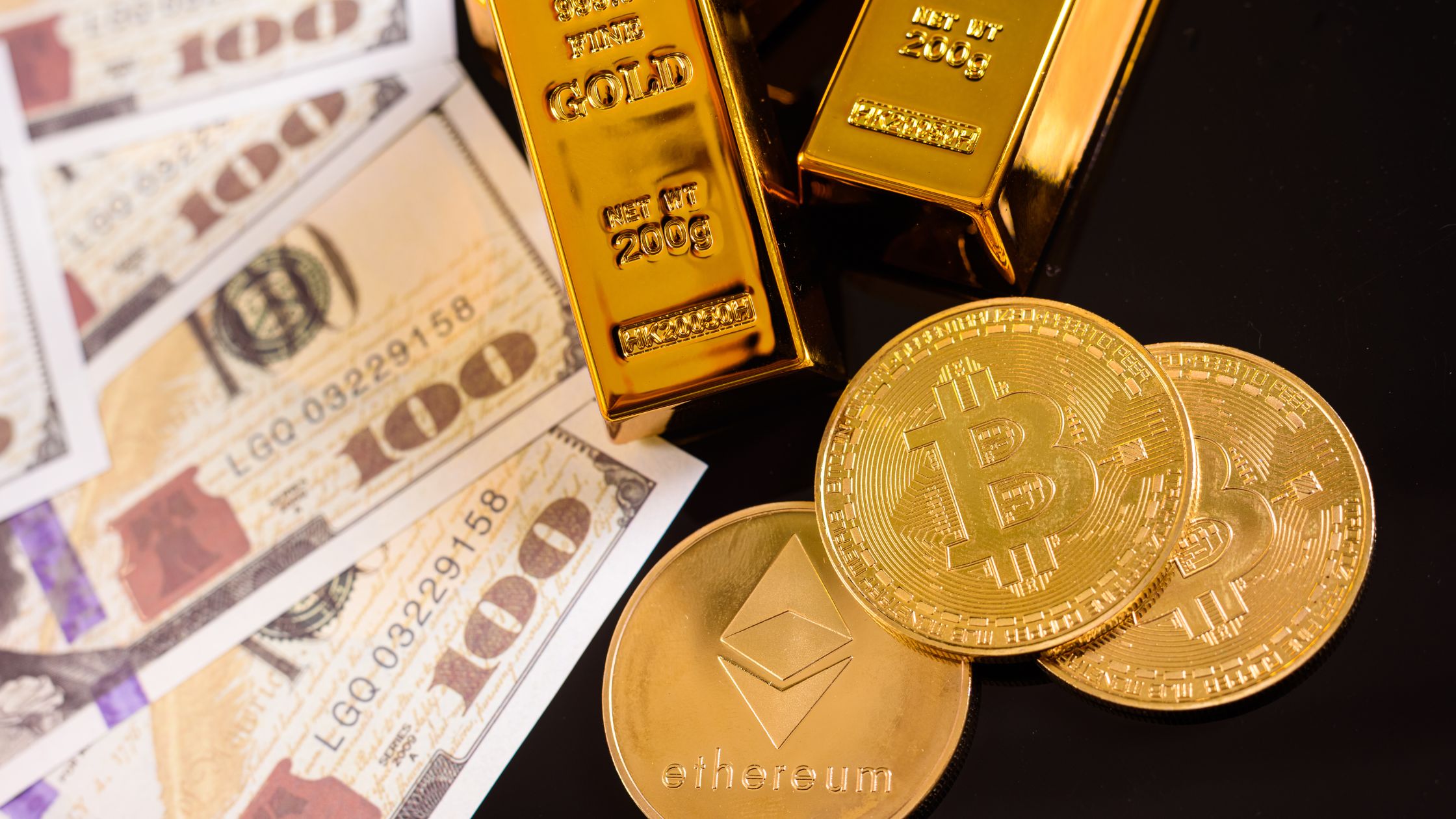By Bricksave Admin | Bricksave
July 14, 2022
News > Blog Article > What is Tokenization in Real Estate?

The digital revolution is here. Change often produces challenges, and this is no different for the real estate market. But while investors are seeing issues like data security, the integration of data and workflow, and the loss of face-to-face interactions, the opportunities presented by the new digital landscape are within reach.
The real estate industry has historically been slow to adopt new technology. This is down to several factors, such as its capital intensity and illiquidity, different stakeholders, disjointed workflows, and the longevity of assets. But the past 10 years have brought the arrival of PropTech – or property technology – which is altering the face of real estate. Defined as any technology that impacts the built world, PropTech covers anything from property search and sale platforms to construction planning and management tools. According to ByteAnt, there were about 6 US PropTech start-ups for every 1 million people in 2021, with 53% of these involved in the residential property segment.
As this industry changes in the digital age, the arrival of tokenization comes with its own benefits. Transforming assets into tradable online entities opens the door to entry-level investors with far less capital, democratizing the sector by welcoming higher numbers of investors to get in on the ground floor. In tokenization and blockchain technology, there lies the potential for genuine change within the real estate industry, which has previously been lacking in transparency and made up of highly illiquid assets.
In its essence, tokenization is the process of converting real estate assets into several digital tokens. These tokens can be sold on an online marketplace, such as Bricksave, to give the purchaser ownership of that portion of the asset. Unlike some other speculative tokens, many tokens are fully regulated and don’t come with any of the risks that say, some Non-Fungible Tokens (NFTs) come with. So, there’s an important difference between crypto-backed tokens that can be quite volatile and securitized tokens that can be safer.
With blockchain comes extremely reliable security; one that is practically impossible to change, hack or cheat. This is down to smart contracts, which permanently record the transactions that take place, making them visible to everyone. It’s these smart contracts that allow assets like real estate to be tokenized and traded seamlessly.
Aiming to make funding accessible to a broader audience is the primary objective of tokenization. And of course, since it is still new to the real estate market, some stumbling blocks remain. A current lack of regulatory framework could be cause for legality issues, while the lack of wider industry knowledge about blockchain and security tokens means tokenization does have its limitations. But fundamentally, it is an exciting concept that looks set to make tangibly positive changes to the industry – and is only growing stronger as more investors climb aboard.
Tokenization can offer investors the opportunity to own many different types of real estate. Just like the conventional market, real estate ownership can vary between the likes of residential or commercial property and industrial or retail spaces. As a promising application of blockchain technology, tokenization will increase the investor base across all of these. And this is particularly needed, since the real estate market is more valuable than any other asset class in the world – yet it remains highly illiquid. Worldwide real estate assets are worth $326.5 trillion in value, but the number of real estate investors does not currently correspond with this figure, since the capital needed isn’t affordable for small-scale or first-time investors. This is reflected in the median price of investor purchases in the US in September 2021, which according to Bloomberg was $438,770 – the highest on record.
With tokenization expected to facilitate a rise in secondary markets for real estate, its adoption will continue to grow as well, helping the market to continue thriving.
What tokenization offers real estate investors is flexibility – something that has long been at odds with the industry. With the capability of investing specific amounts and becoming partial property owners, investors will benefit from the profits generated, all within their means. First-time investors in particular will reap the benefits, with the democratization of the sector helping lower the bar and incorporating fractional investments. Plus, with obstacles like notary and bank fees removed, tokenization can also streamline the investment process, all while bringing in more significant revenue for investors.
Not that long ago, owning fragments of property and trading them daily without high transaction costs was inconceivable. But in making this possible, tokenization spells genuine, substantial change for real estate. The trading of digital assets and tokenized shares will see blockchain technology alter the way the market operates on a fundamental level – so it’s better to get in on the ground floor.
At Bricksave, we want to make real estate investments easier and more accessible while remaining at the forefront of the industry. Learn about our plans for tokenization and a new digital wallet, offering support to investors to manage their portfolios from anywhere. Take a look and see how it works for yourself.
Investing carries risks, including loss of capital and illiquidity. Please read our Risk Warning before investing.